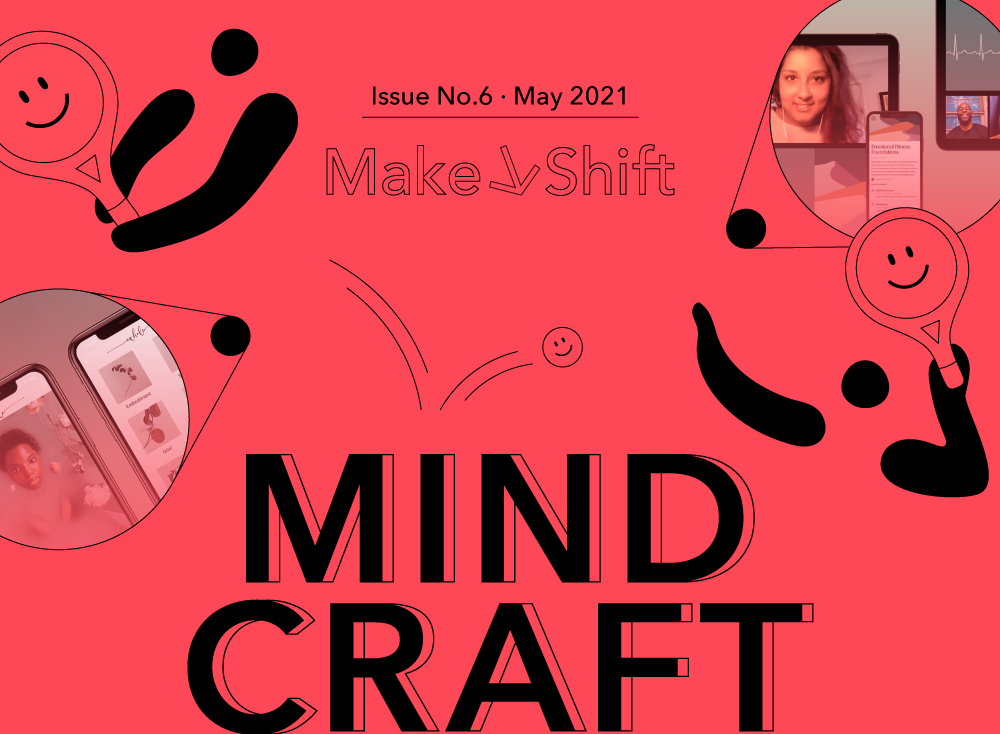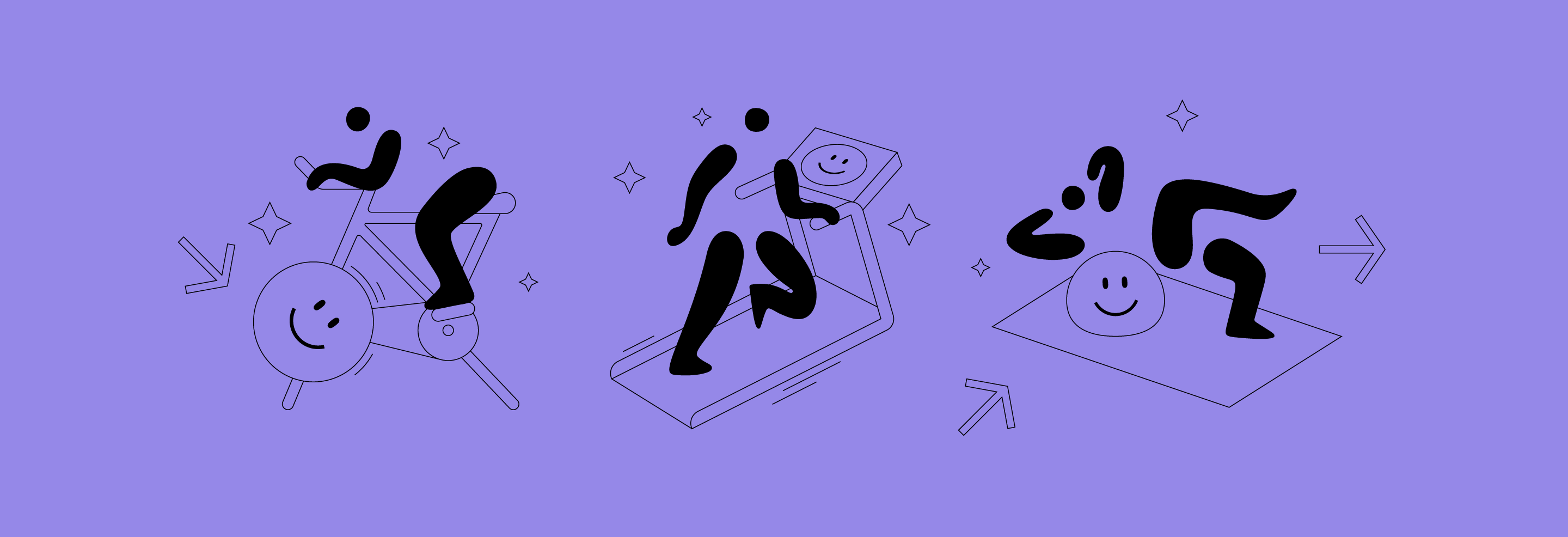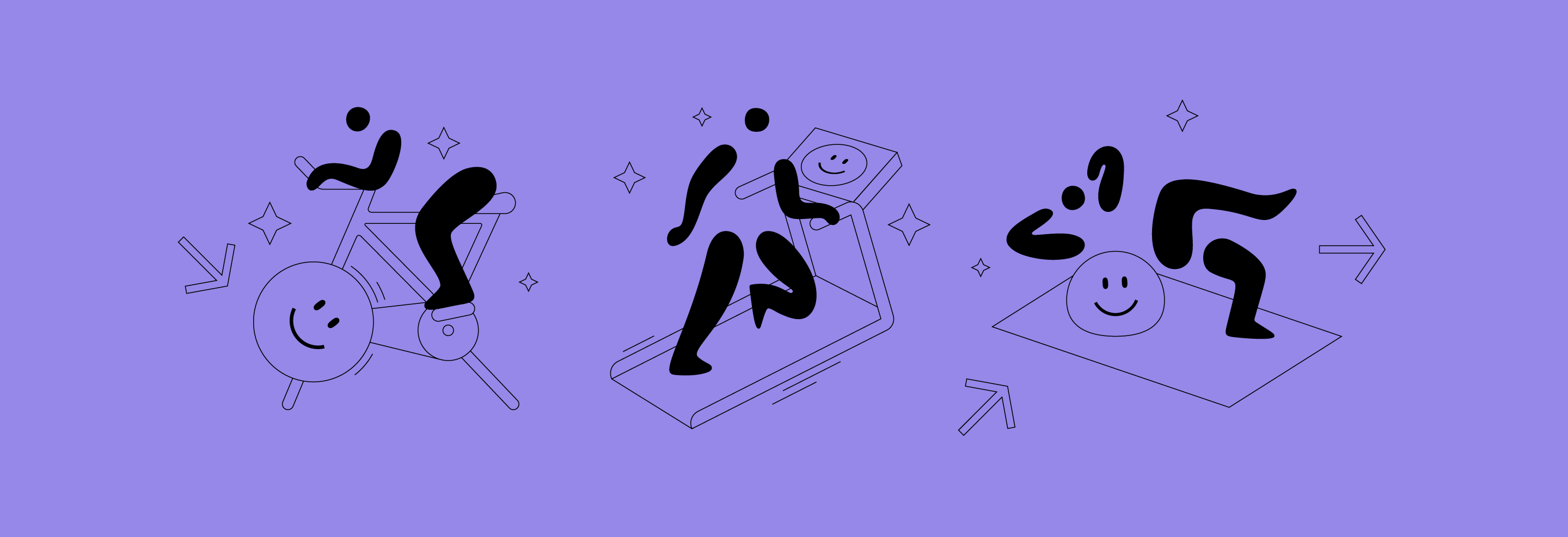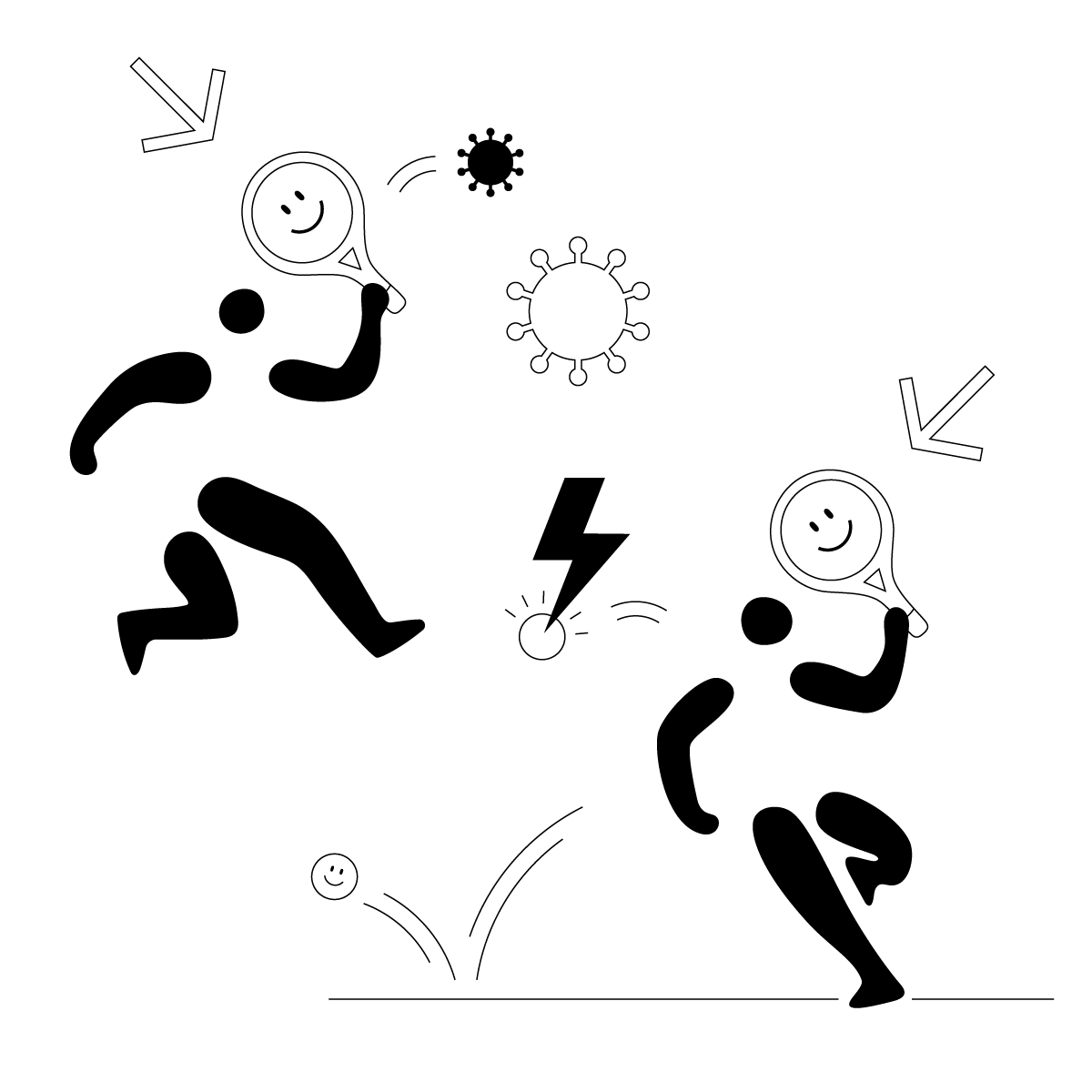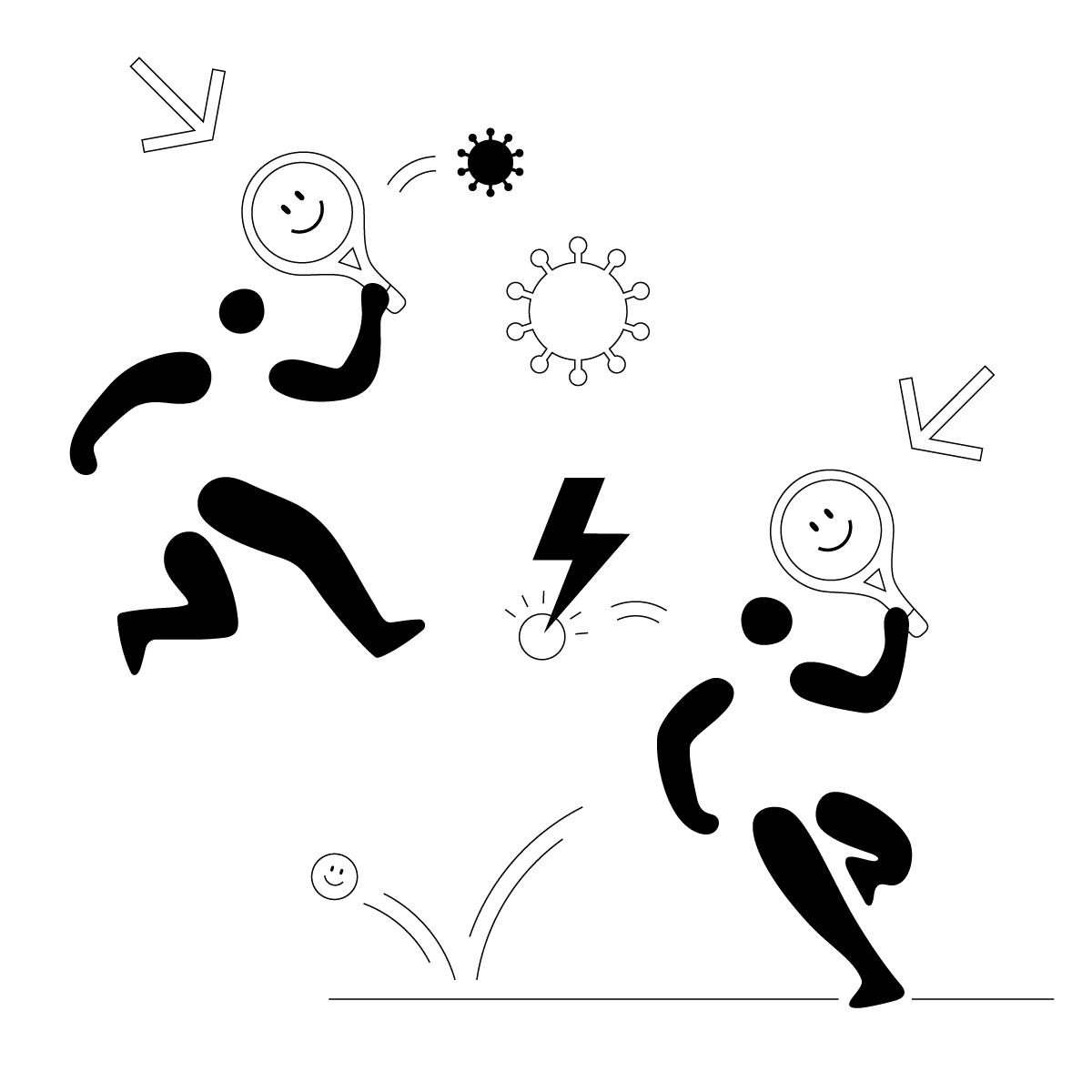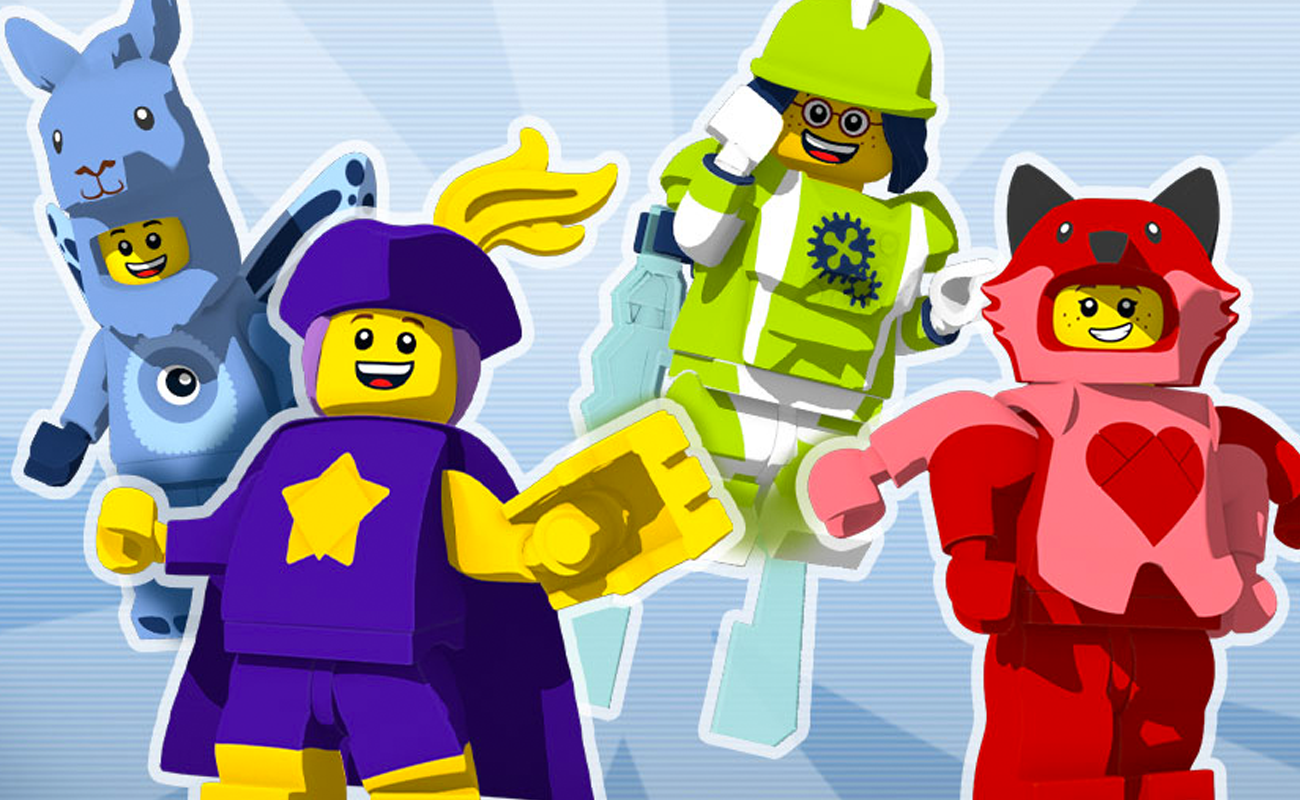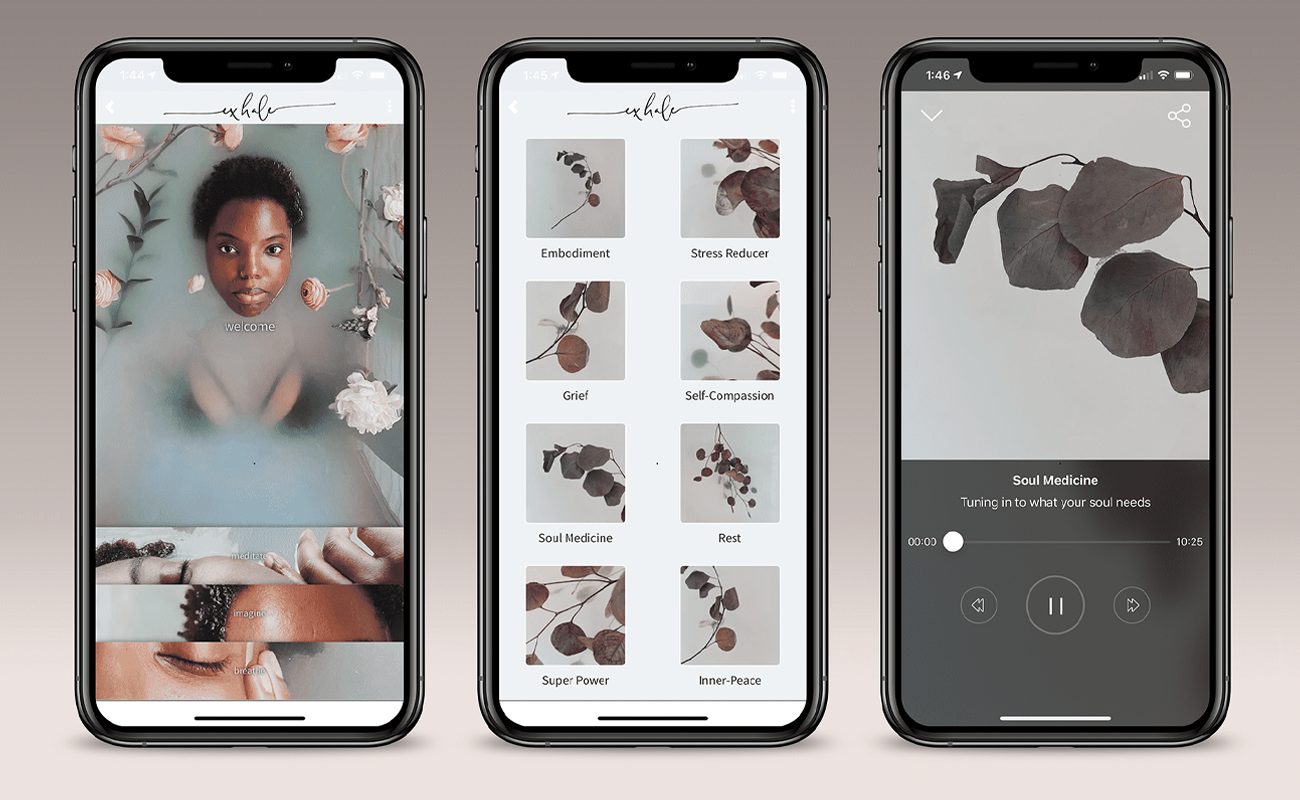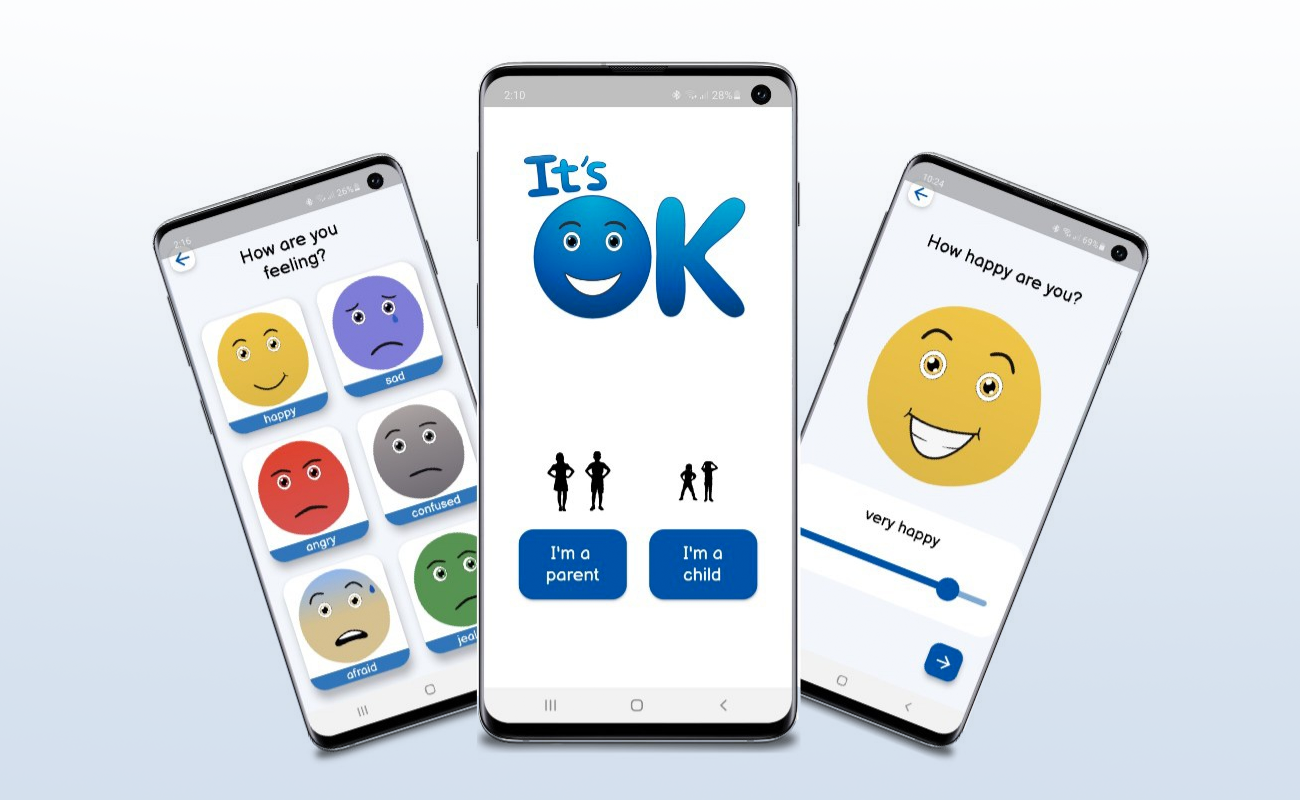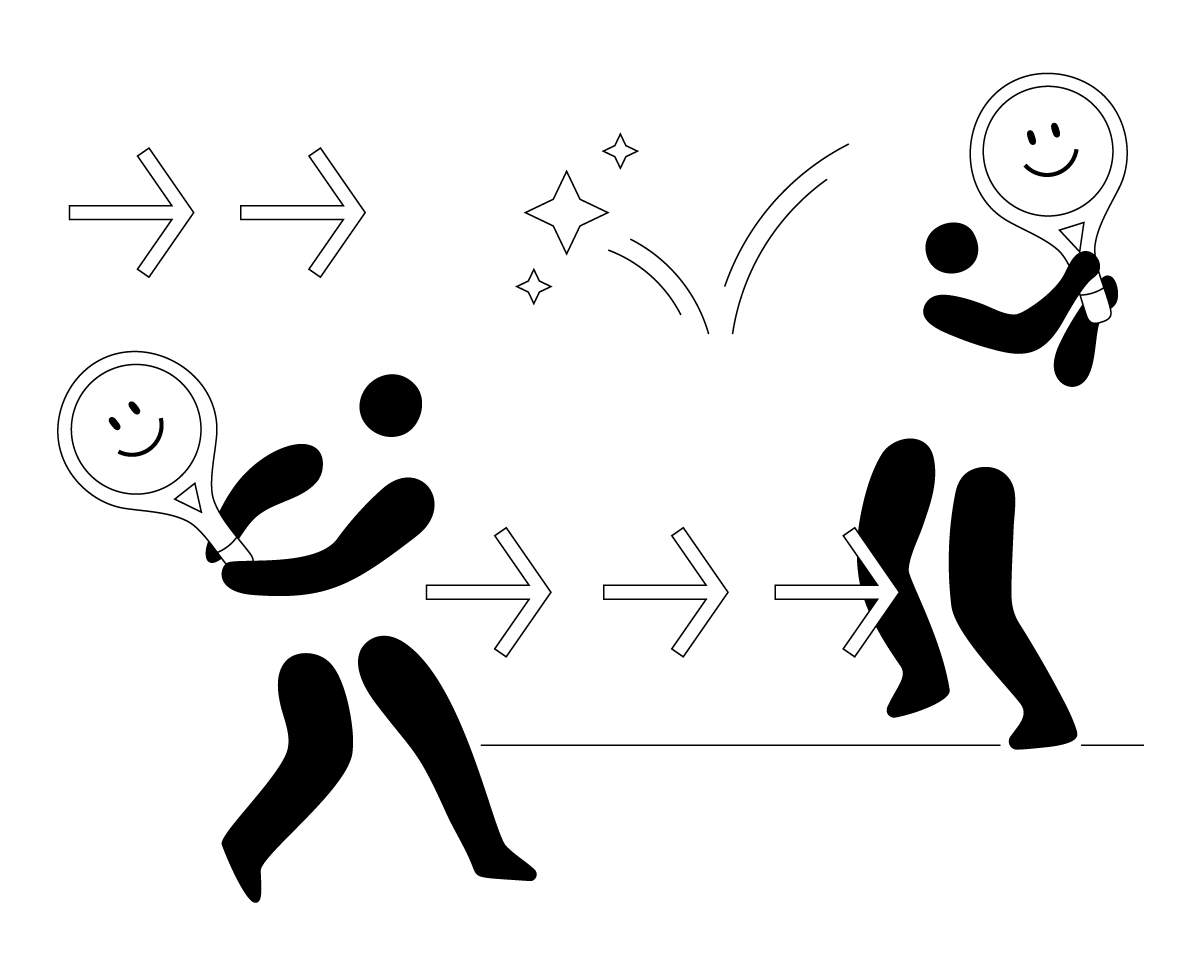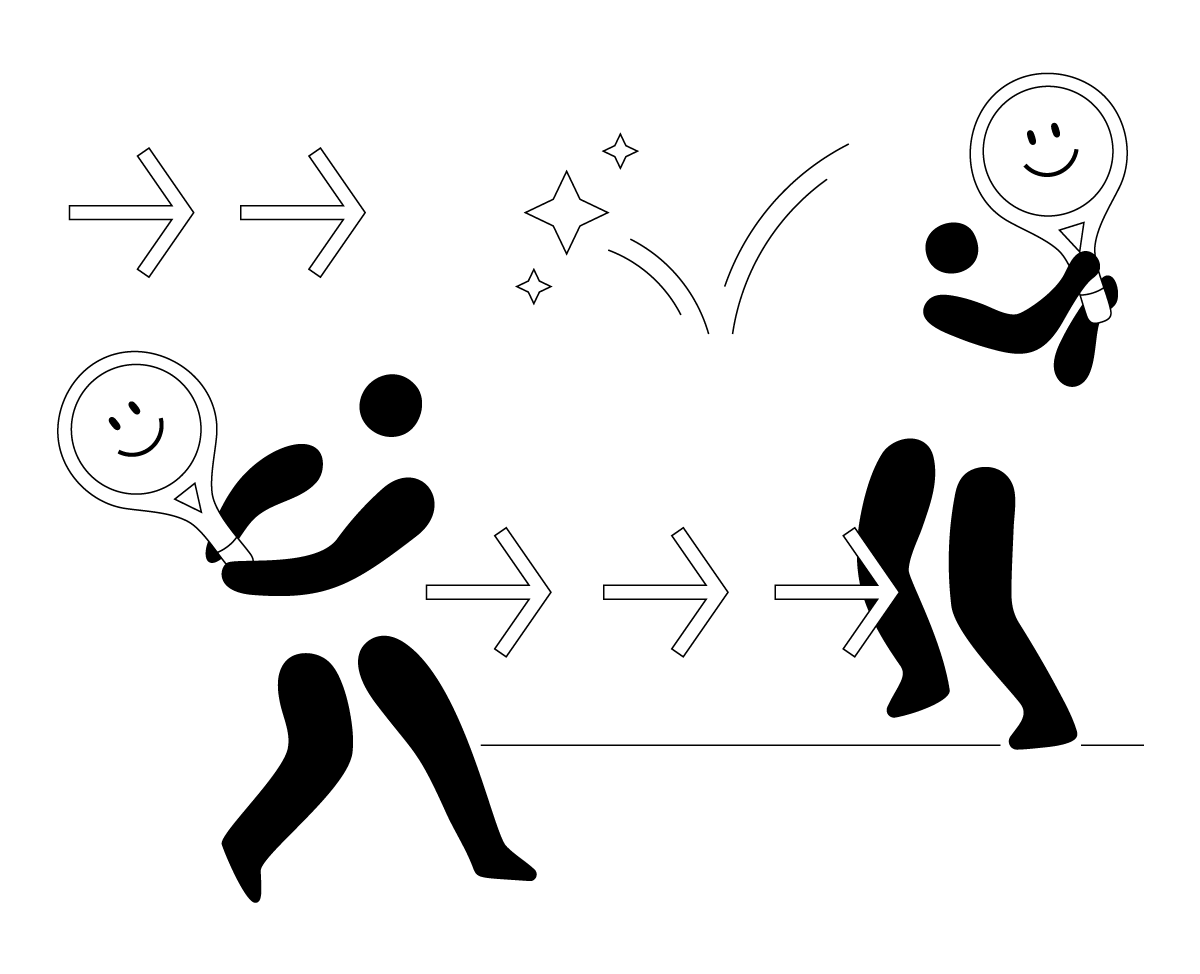Select your country
- Argentina
- Australia
- Austria
- Belgium
- Brazil
- Cambodia
- Canada
- Chile
- China
- Colombia
- Costa Rica
- Croatia
- Czechia
- Denmark
- Estonia
- Finland
- France
- Germany
- Ghana
- Greece
- Guatemala
- Hong Kong
- Hungary
- Iceland
- India
- Indonesia
- Ireland
- Israel
- Italy
- Japan
- Kenya
- Latvia
- Lithuania
- Malaysia
- Mexico
- Morocco
- Netherlands
- Nigeria
- Norway
- NZ
- Paraguay
- Phillippines
- Poland
- Portugal
- Puerto Rico
- Romania
- Serbia
- Singapore
- Slovakia
- Slovenia
- South Africa
- South Korea
- Spain
- Sweden
- Switzerland
- Taiwan
- Thailand
- Turkey
- UAE
- UK
- Ukraine
- US
- Uruguay
- Venezuela
- Vietnam
Select your country
- Argentina
- Australia
- Austria
- Belgium
- Brazil
- Cambodia
- Canada
- Chile
- China
- Colombia
- Costa Rica
- Croatia
- Czechia
- Denmark
- Estonia
- Finland
- France
- Germany
- Ghana
- Greece
- Guatemala
- Hong Kong
- Hungary
- Iceland
- India
- Indonesia
- Ireland
- Israel
- Italy
- Japan
- Kenya
- Latvia
- Lithuania
- Malaysia
- Mexico
- Morocco
- Netherlands
- Nigeria
- Norway
- NZ
- Paraguay
- Phillippines
- Poland
- Portugal
- Puerto Rico
- Romania
- Serbia
- Singapore
- Slovakia
- Slovenia
- South Africa
- South Korea
- Spain
- Sweden
- Switzerland
- Taiwan
- Thailand
- Turkey
- UAE
- UK
- Ukraine
- US
- Uruguay
- Venezuela
- Vietnam


